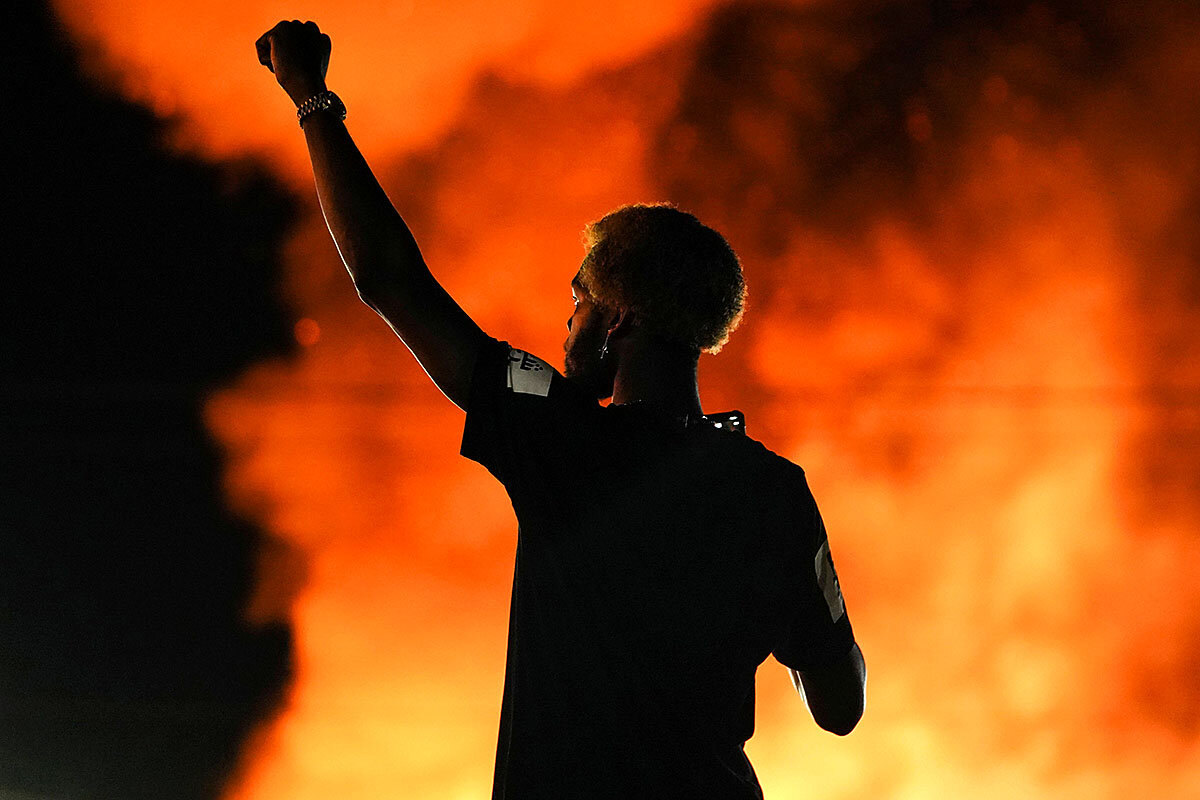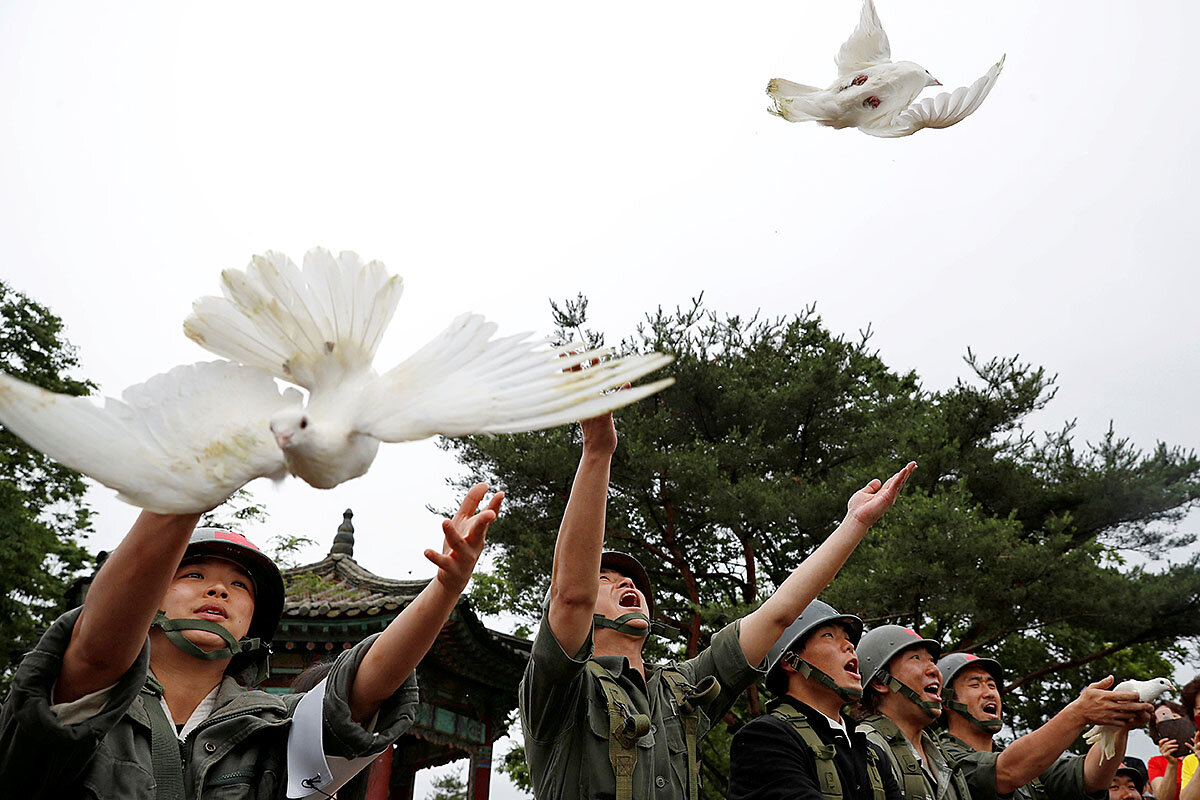Atlanta is famous for being the city “too busy to hate.” But “the Atlanta way” is being tested by the shooting of Rayshard Brooks and a wrenching debate on race.
Monitor Daily Podcast
- Follow us:
- Apple Podcasts
- Spotify
- RSS Feed
- Download
 Yvonne Zipp
Yvonne Zipp
They’ll never be hidden again.
NASA announced Wednesday it is renaming its Washington headquarters after Mary W. Jackson, an aerospace engineer who helped launch the U.S. space program.
She and her co-workers’ contributions to spaceflight had been largely forgotten until Margot Lee Shetterley’s 2016 book, “Hidden Figures,” and the Oscar-nominated film it inspired.
“We are honored that NASA continues to celebrate the legacy of our mother and grandmother Mary W. Jackson,” her daughter, Carolyn Lewis, said in a statement. “She was a scientist, humanitarian, wife, mother, and trailblazer who paved the way for thousands of others to succeed, not only at NASA, but throughout this nation.”
NASA’s first Black female engineer started her career at the agency in the 1950s as a human computer in a segregated wing. To become an engineer, she had to get permission from a judge to take courses at an all-white high school.
Last year, Congress posthumously awarded Jackson, Katherine Johnson, Dorothy Vaughan, and Christine Darden the Congressional Gold Medal and voted to rename the street outside NASA headquarters “Hidden Figures Way.”
To help others, Jackson ultimately volunteered for a demotion so she could influence NASA to hire more women and other underrepresented groups in science and engineering.
It’s not the only building to have been renamed after Jackson. In 2018, Salt Lake City’s oldest elementary school voted unanimously to change its name from Andrew Jackson to Mary Jackson Elementary, to tears and a standing ovation, The Salt Lake Tribune reported.
Said School Community Council Chair Neal Patwari, “We just thought it would be good to have a school that honored somebody I could tell my children to look up to.”










